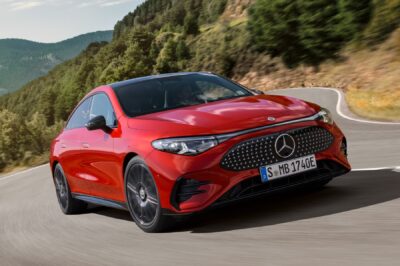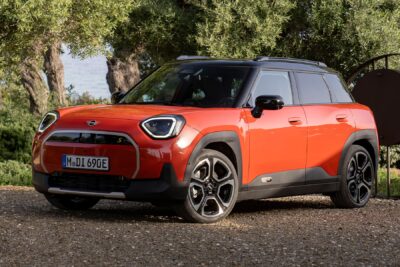Update on PHEV adaption to WLTP
The new WLTP standard in the EU has automobile manufacturers scrambling to adapt their plug-in hybrid vehicles to the new emissions regulations. Volkswagen, BMW, Mercedes and Porsche have even temporarily halted sales of PHEVs in the EU.
The previous NEDC (New European Driving Cycle) standard in the EU had different testing procedures than the WLTP (Worldwide harmonized Light vehicles Test Procedure), which went into effect earlier this month.
One of the biggest changes is the effect reduction from fully charged batteries, as the assumption is that drivers would not constantly be driving with full batteries, which pushed CO2 emissions above the crucial 50 grams per kilometre. This caused many of the tax benefits offered in various EU nations to no longer apply to various PHEV models. In most cases, a bigger battery will need to be integrated into the vehicles to make them eligible for the tax credit. According to the German VDA, “The vehicles are tested with a full battery, then the test is repeated until the battery is empty, when they are tested again. The CO2 value is then calculated as the ratio of the electrical range to the total range.”
Automobile manufacturers are still testing whether the redesign is worth the cost, considering that a larger battery may have further implications on vehicle design. In the meantime, VW has stopped sales of their compact Golf GTE, which is the fourth best selling hybrid without clarifying when it would be available again. A VW spokesperson added that testing was in a critical stage: “There is a bottleneck with the testing…We have to get priority for highest-volume models.”
Porsche went so far as to pull sales of both their Panamera sedan and the Cayenne SUV, and will not start taking orders again until serial production has begun, according to their spokesperson. Mercedes is not currently offering plug-in hybrids, but will begin sales within the next two months for the S-class and the E-class models. The C-class is not due until next year, and all of the Mercedes PHEVs will yield less than 50g/km of CO2.
Mitsubishi has managed to overhaul their Outlander PHEV ahead of the pack, which currently records 46g/km of CO2, making the vehicle eligible for financial incentives and entry to low-emissions zones. The vehicle downgraded the combustion motor from 2.0 litres to 2.4 litres, while upgrading the battery from 12 kWh to 13.8 kWh.





0 Comments